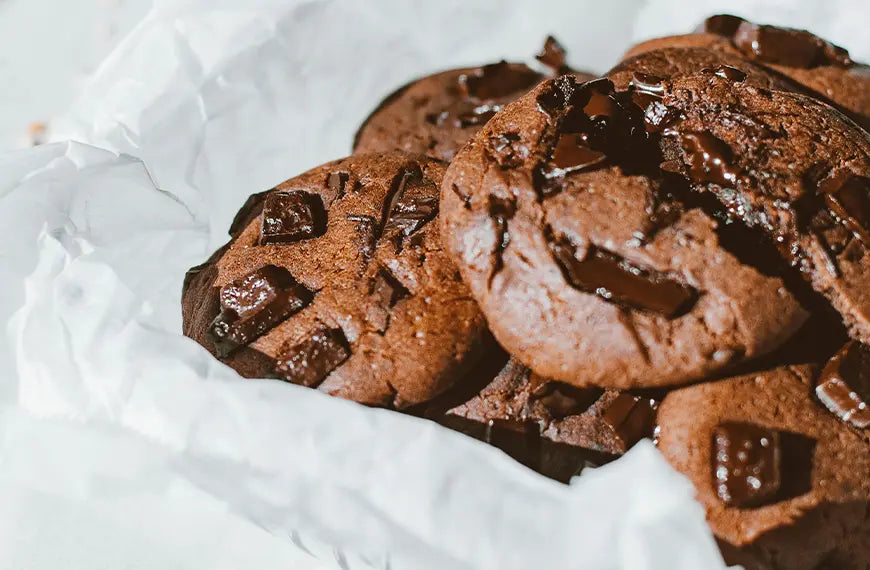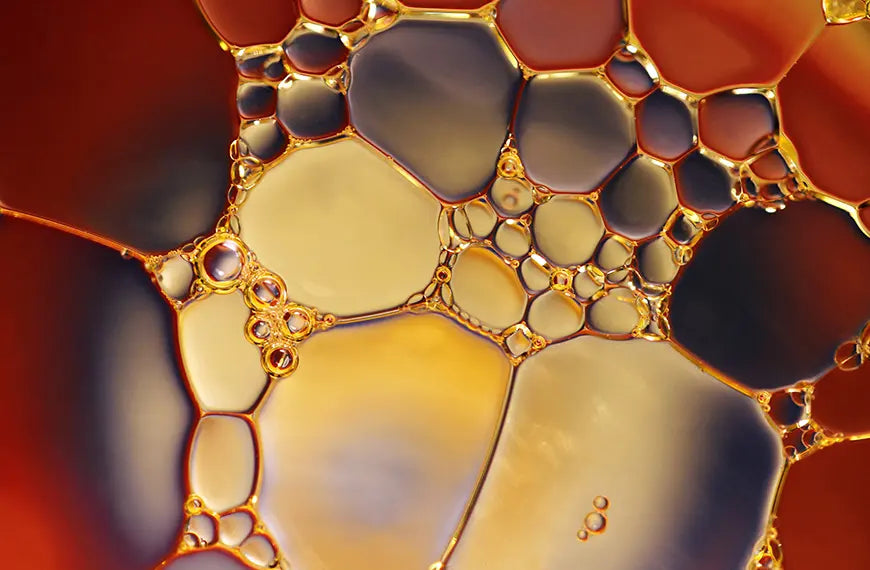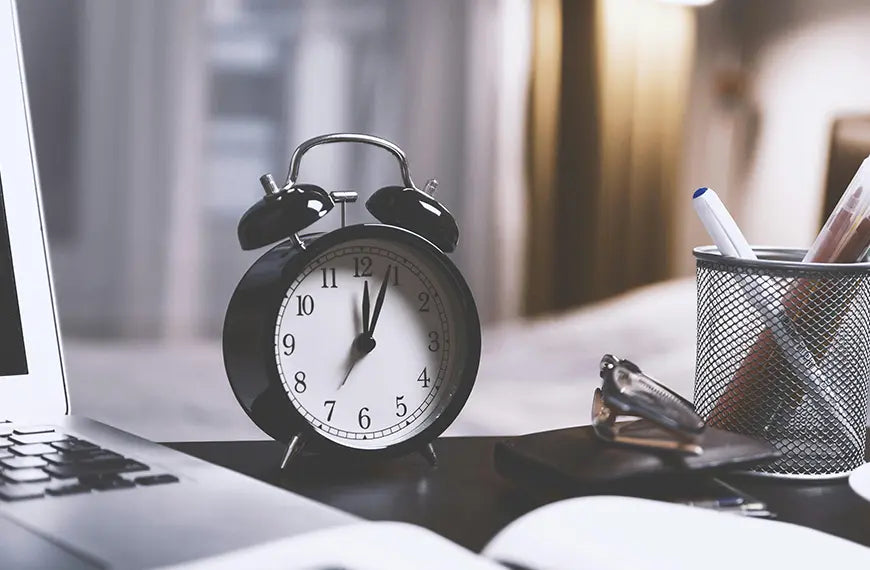Can CBD Make You Feel High? Debunking Common Misconceptions

Cannabidiol (CBD) has gained widespread popularity for its potential therapeutic benefits, including relief from anxiety, chronic pain, and sleep disturbances. However, one common question that many people have when considering using CBD is whether it can make them feel “high.” This misconception stems from the association between CBD and another well-known compound, tetrahydrocannabinol (THC), which is responsible for the psychoactive effects commonly linked to marijuana. In this FAQ article, we will explore whether CBD can make you feel high, how it differs from THC, and why it’s important to separate fact from fiction when it comes to the effects of CBD.
What Is CBD?
CBD is one of the many compounds found in cannabis plants, but unlike THC, it does not produce a “high” or intoxicating effect. It is non-psychoactive, which means that consuming CBD does not cause the same mental or physical effects that are commonly associated with marijuana use.
CBD is primarily known for its potential therapeutic effects, including pain relief, reducing anxiety, promoting sleep, and alleviating symptoms related to conditions like epilepsy. Because it does not induce a high, many people use CBD products for wellness purposes without the concerns that typically accompany marijuana use.
How Does CBD Differ from THC?
The key difference between CBD and THC lies in their chemical structures and their interaction with the body’s endocannabinoid system (ECS), a system of receptors that helps regulate various bodily functions such as mood, pain, and appetite.
1. Psychoactive Properties:
THC is the psychoactive compound in cannabis that produces a high. It binds directly to CB1 receptors in the brain, which are responsible for the euphoric feelings associated with marijuana use. This is why THC can make you feel “high,” altering your mood and perception of time, space, and sensory input.
CBD, on the other hand, interacts with the ECS in a different way. It does not bind directly to CB1 receptors but instead influences them indirectly. It can actually counteract some of the psychoactive effects of THC, such as anxiety or paranoia, which is why CBD is often used to balance out the high when used together with THC.
2. Legal Distinctions:
CBD products derived from hemp contain less than 0.2% THC, which is the legal limit in many regions, including the UK. This trace amount of THC is not enough to cause a high but can offer therapeutic benefits when combined with CBD. On the other hand, cannabis products with higher THC content are considered marijuana and are still illegal in many parts of the world.
Can CBD Make You Feel High?
The simple answer is: No, CBD will not make you feel high.
Since CBD is non-psychoactive, it does not produce the euphoric effects that are commonly associated with marijuana use. Instead, it may offer a sense of relaxation or calmness, which can be mistaken for a “high” by those who are not familiar with its effects. However, these effects are vastly different from the intense feelings of intoxication that THC can cause.
It is important to note that some CBD products, especially full-spectrum CBD products, may contain trace amounts of THC (under the legal limit of 0.2%). While this small amount of THC is not enough to produce a high, it may enhance the effects of CBD through what is known as the entourage effect—the idea that cannabinoids and terpenes work better together than in isolation. However, even in full-spectrum products, the levels of THC are far too low to cause any psychoactive effects.
What Might Cause Some People to Feel Different When Using CBD?
While CBD itself will not make you feel high, some individuals may experience different sensations when using it. These are generally mild effects and are often the result of CBD’s ability to interact with the body’s endocannabinoid system. Common effects include:
1. Calmness and Relaxation:
CBD is widely recognized for its calming and relaxing properties, especially in those who suffer from anxiety or stress. For some people, this sense of relaxation might feel like a subtle shift in mood, but it is far from the high produced by THC.
2. Relief from Pain or Discomfort:
People who use CBD to manage chronic pain or inflammation may feel a reduction in discomfort, which can make them feel more comfortable and less stressed. Again, this is not the same as feeling “high,” but it may improve overall well-being.
3. Sleepiness or Sedation:
In higher doses, CBD may have a sedative effect, which could promote sleep or relaxation. This might be perceived as a calming effect, but it is not a psychoactive high.
4. Mild Drowsiness:
Some individuals may experience mild drowsiness after using CBD, particularly when it is used to help with sleep. This is a normal effect and not a “high,” though it could make users feel more relaxed or sleepy.
Can CBD Cause Any Side Effects?
While CBD is generally well-tolerated, some people may experience side effects, particularly when taking higher doses. Common side effects include:
- Dry mouth
- Dizziness or lightheadedness
- Changes in appetite
- Fatigue or drowsiness
These side effects are mild and typically subside as your body adjusts to CBD. It’s important to start with a low dose and gradually increase it as needed.
Why Are Some People Misled Into Thinking CBD Makes Them Feel High?
Misconceptions about CBD can arise from its association with cannabis. Since CBD and THC come from the same plant family, people often confuse them or assume that all cannabinoids produce similar effects. Additionally, people may not fully understand the difference between non-psychoactive CBD and psychoactive THC. When CBD is used for its calming effects or its ability to relieve discomfort, some might mistake this for a “high,” but it is important to recognize that it is a much different experience.
Conclusion: CBD and the Myth of the “High”
In conclusion, CBD does not make you feel high. Unlike THC, CBD is non-psychoactive and works with the body’s endocannabinoid system to promote balance and wellness without affecting your mental clarity or perception. While some people may experience a sense of calm, relaxation, or pain relief, these effects are far from the euphoric or intoxicating high associated with marijuana use.
By debunking these common misconceptions about CBD, we hope to help you better understand how this powerful cannabinoid can enhance your overall well-being without the concerns that come with other forms of cannabis. If you’re considering incorporating CBD into your routine, rest assured that you can enjoy its many benefits without the fear of getting “high.”



